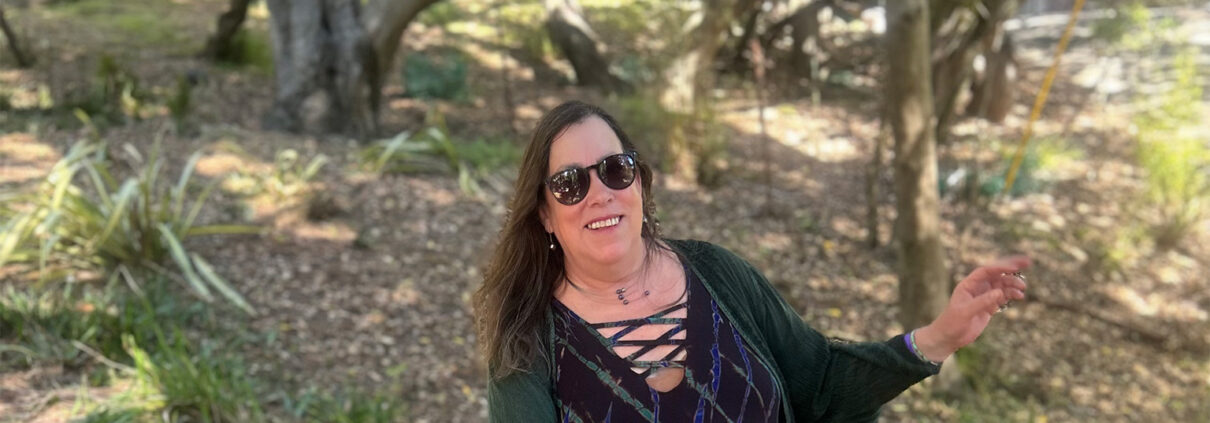I’ve been doing business administration since the mid-eighties, and nonprofit administration more specifically, since the early nineties. After many years in arts nonprofits, I joined OST part time as a grants manager – the other half I was the executive director of a chamber ensemble. About three months later, the then-executive-director said “Can you give us full time?” And I agreed. I love the environment, I love the team here at OST, and I had the opportunity to use that knowledge of the inner workings of a nonprofit. All that entails isn’t very visible externally, but that doesn’t make it less important. Maybe the opposite.
But going all the way back to when I was 19 – I was living in Berkeley, and someone brought home a job posting for a housecleaner at the Money household – and yes, that was their real last name. They were in their 80’s, and had a property management company as well as a bottling and warehousing company, and for whatever reason Ted Money started talking to me while I was cleaning the living room. He asked a million questions for about an hour and a half, and at the end of it said “How would you like to learn to be an office manager?” It sounded more interesting than cleaning so I said yes. But it was the early 80’s, and he had a whole old school double-entry bookkeeping and filing system he’d learned from his parents when they passed on the property management company. This was pre-PCs, and I just learned by doing. And then he actually moved to computers in 1984, maybe 85 – so we were on the really early versions of computers, with the dot prompts and DIR access. Now it seems archaic but it really did catapult me into learning how to do all of this. I worked for them for several years, and then for the Grateful Dead’s Mickey Hart, supporting album & book production, then for a graduate program at Holy Names College – between this company and that, I kind of backed into doing nonprofit business. It is very different from regular business. Managing fund sources means it’s not “money in, money out”. It’s much more specific, with all these different funders and which programs they go towards, and this additional layer of tracking.




